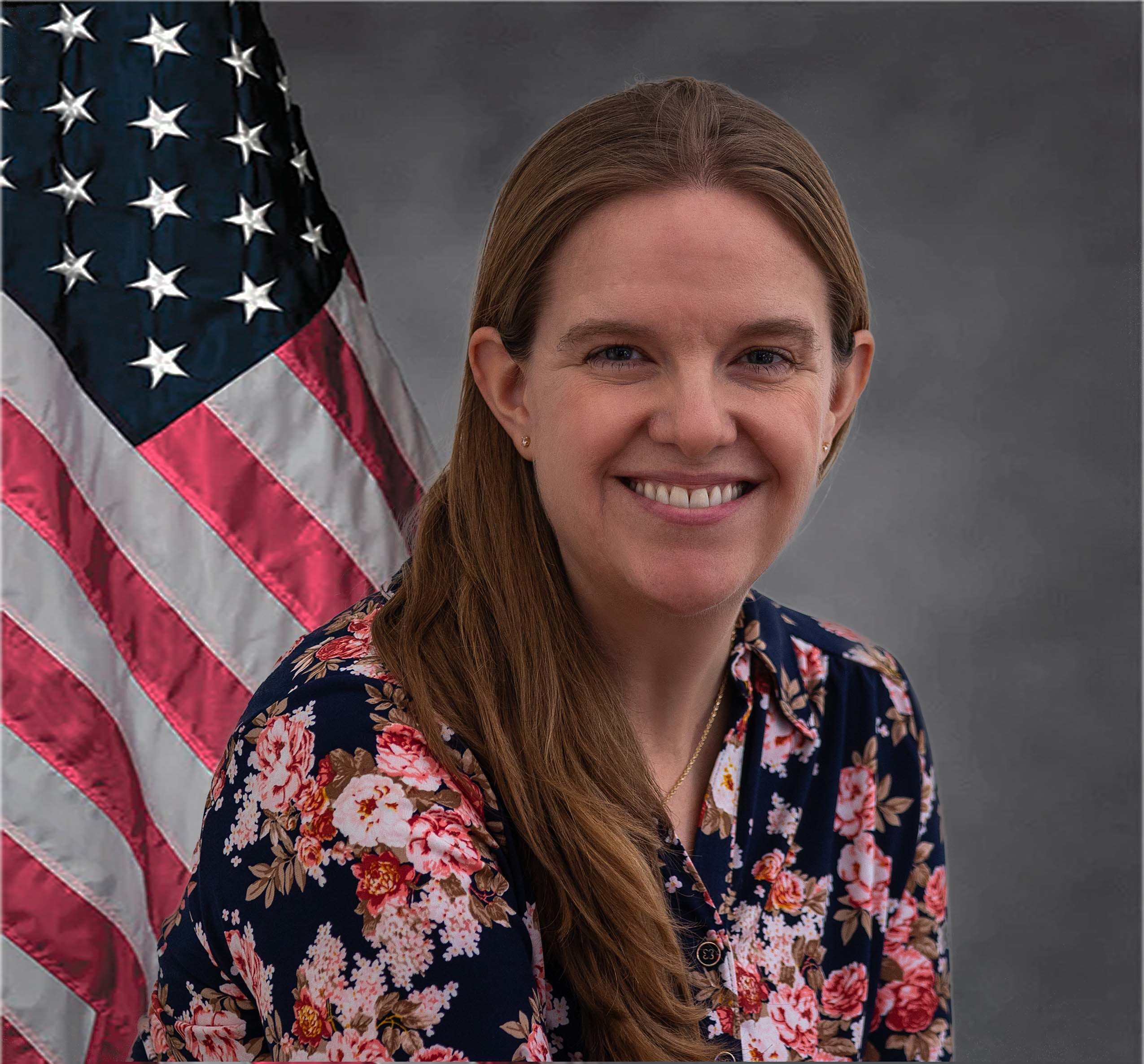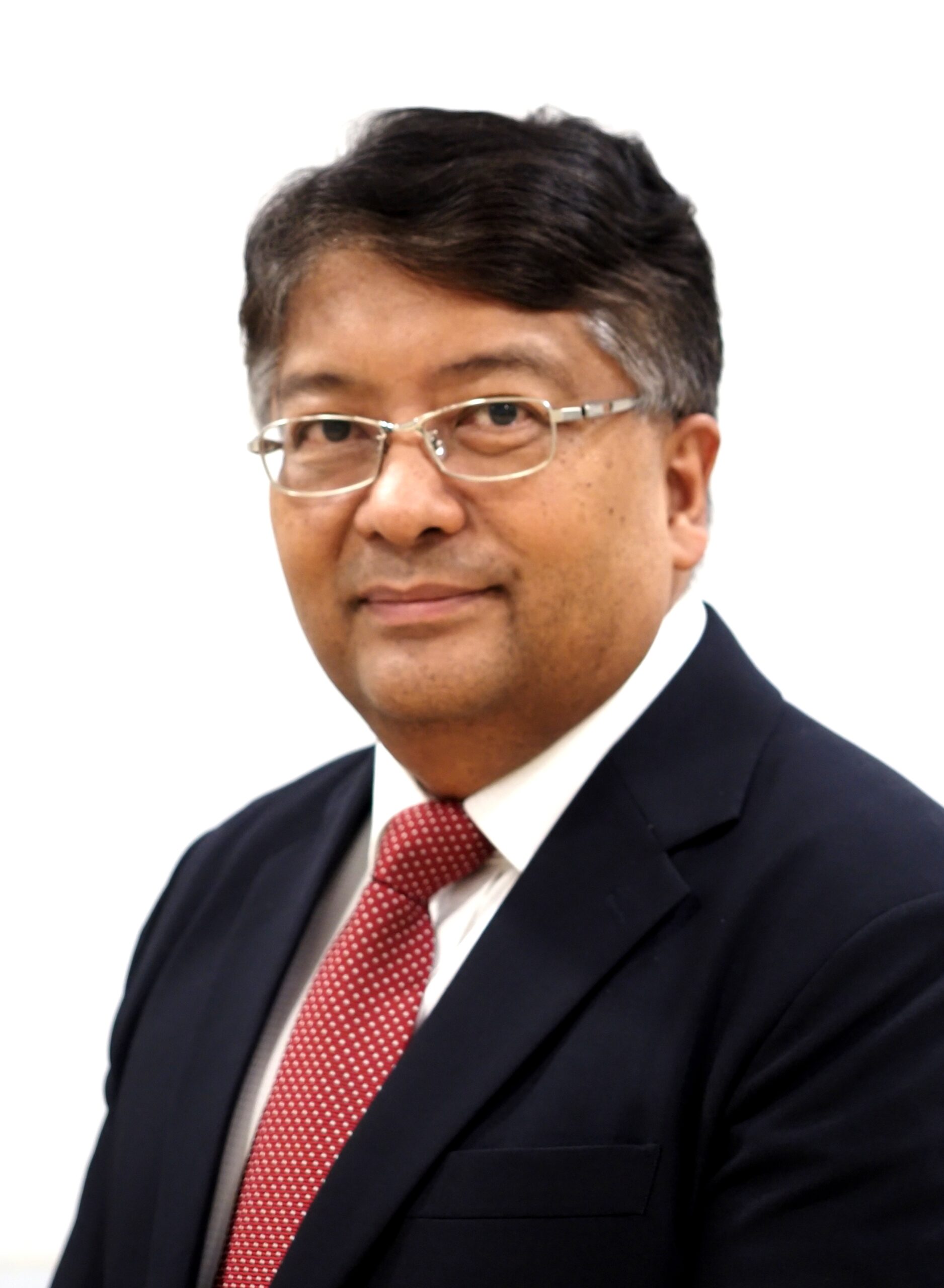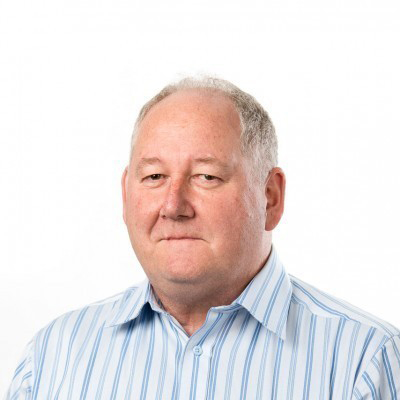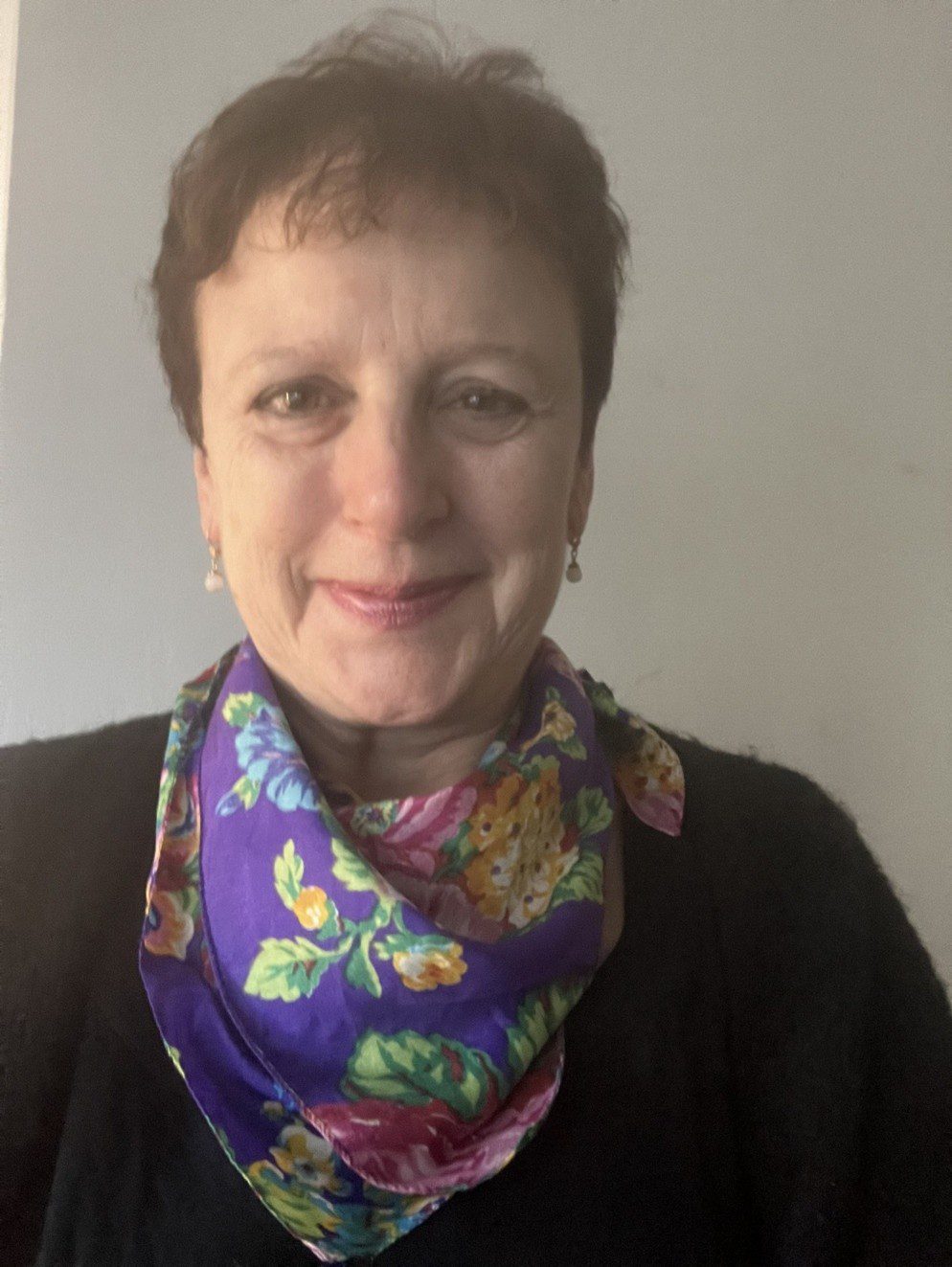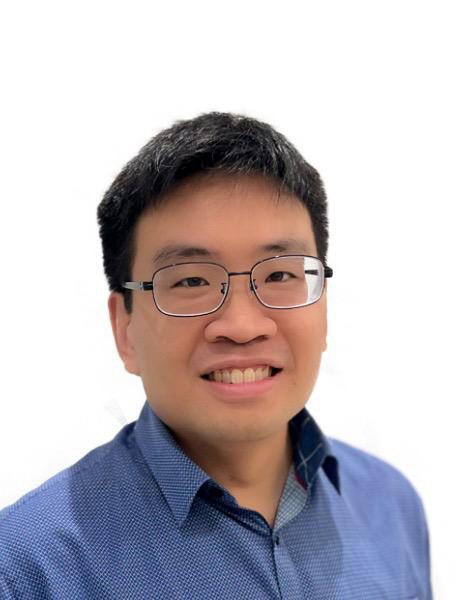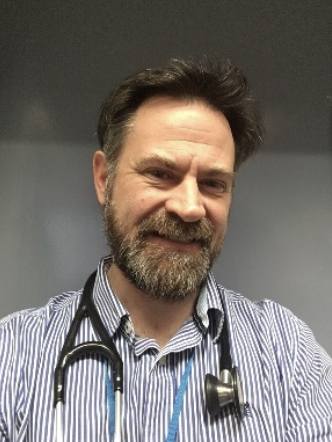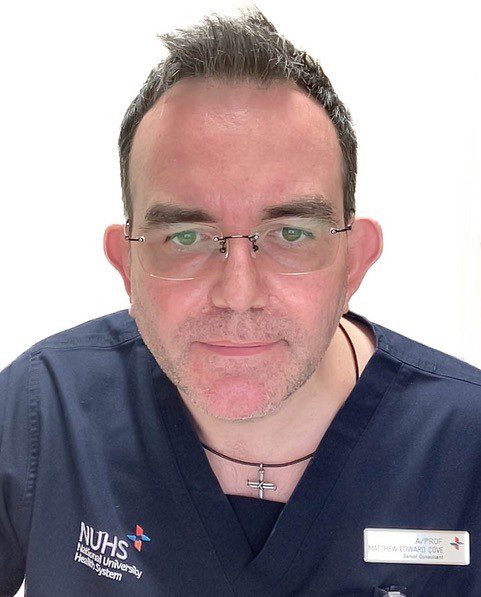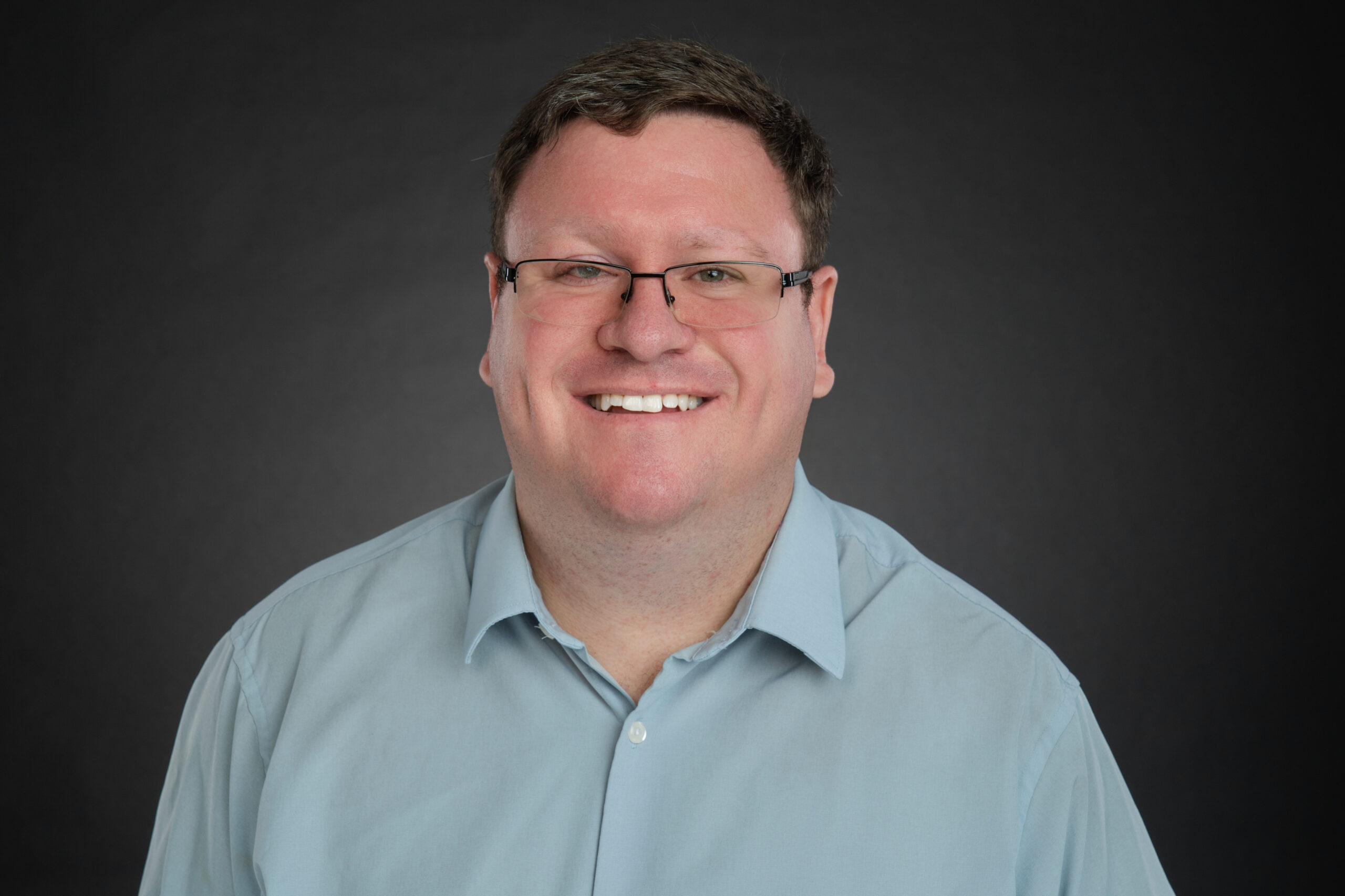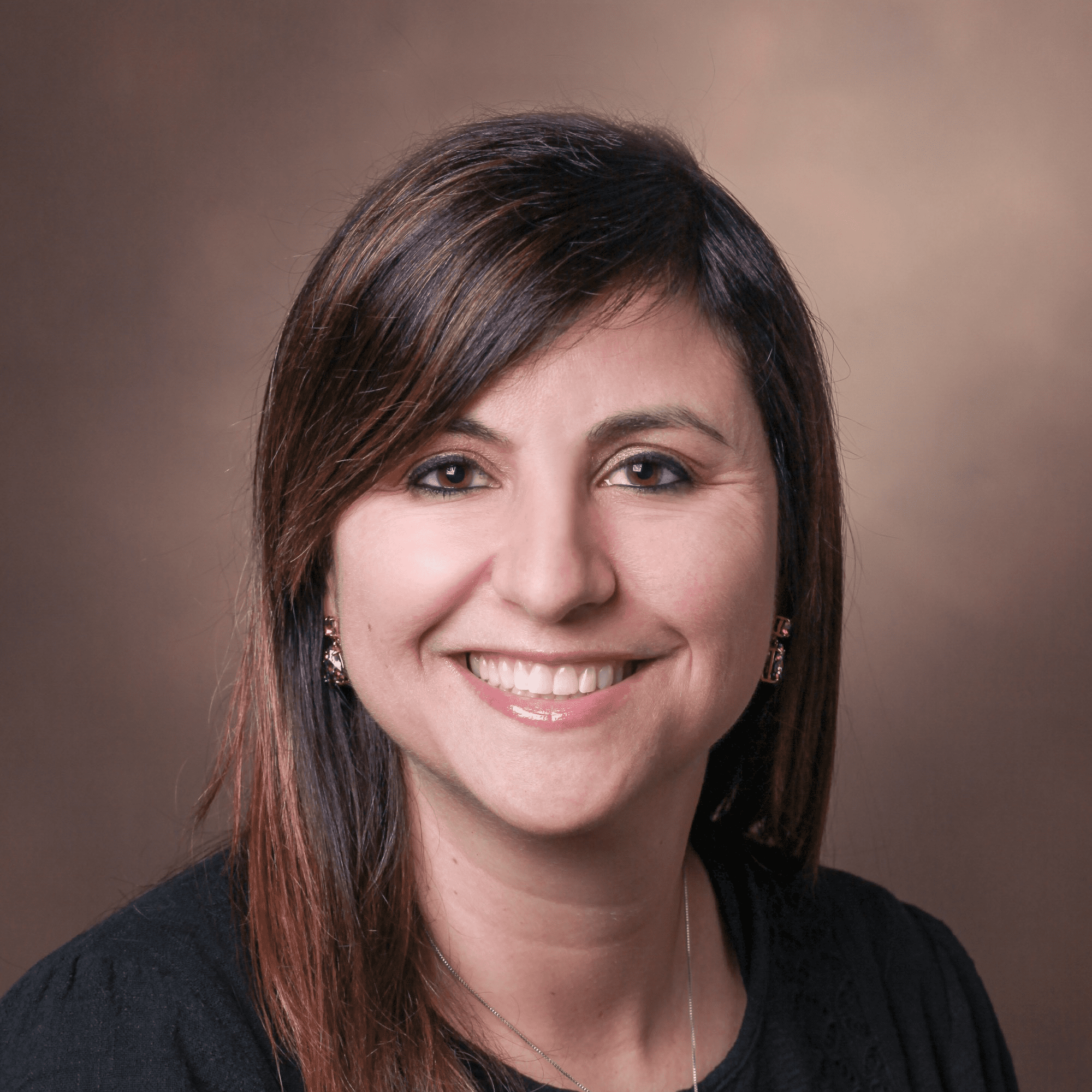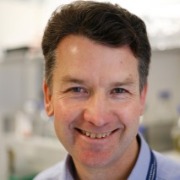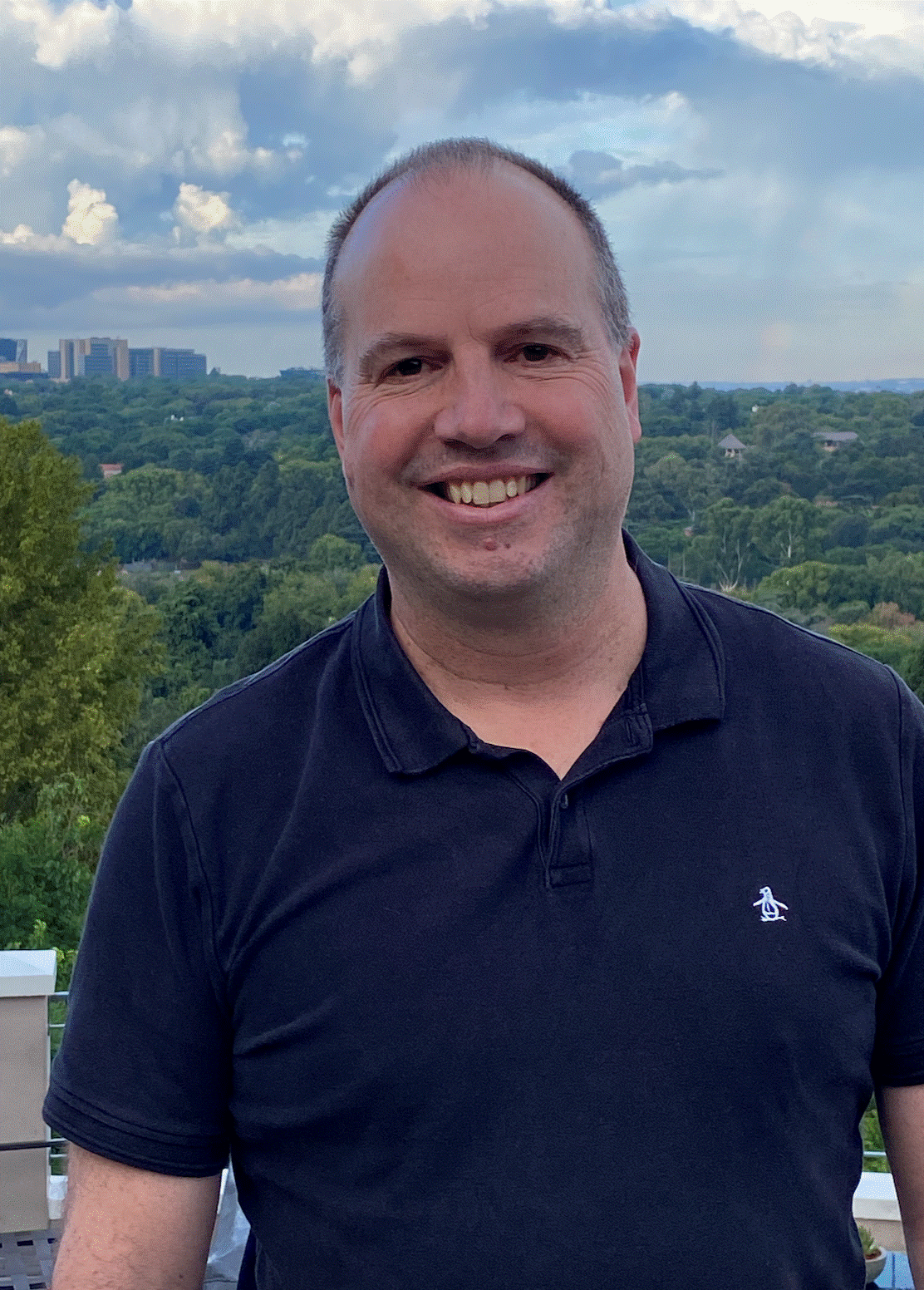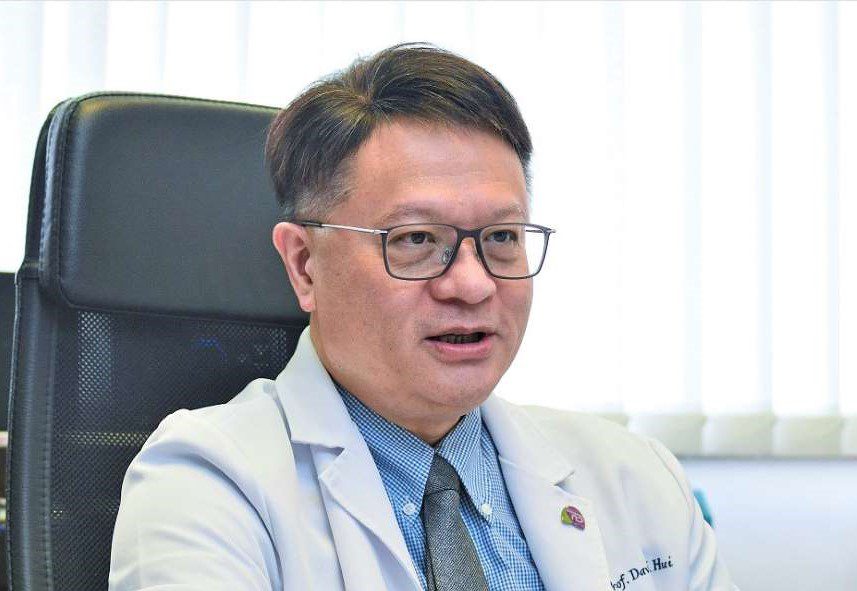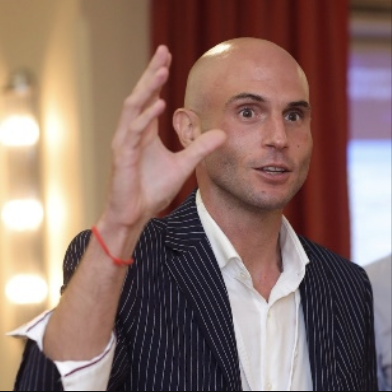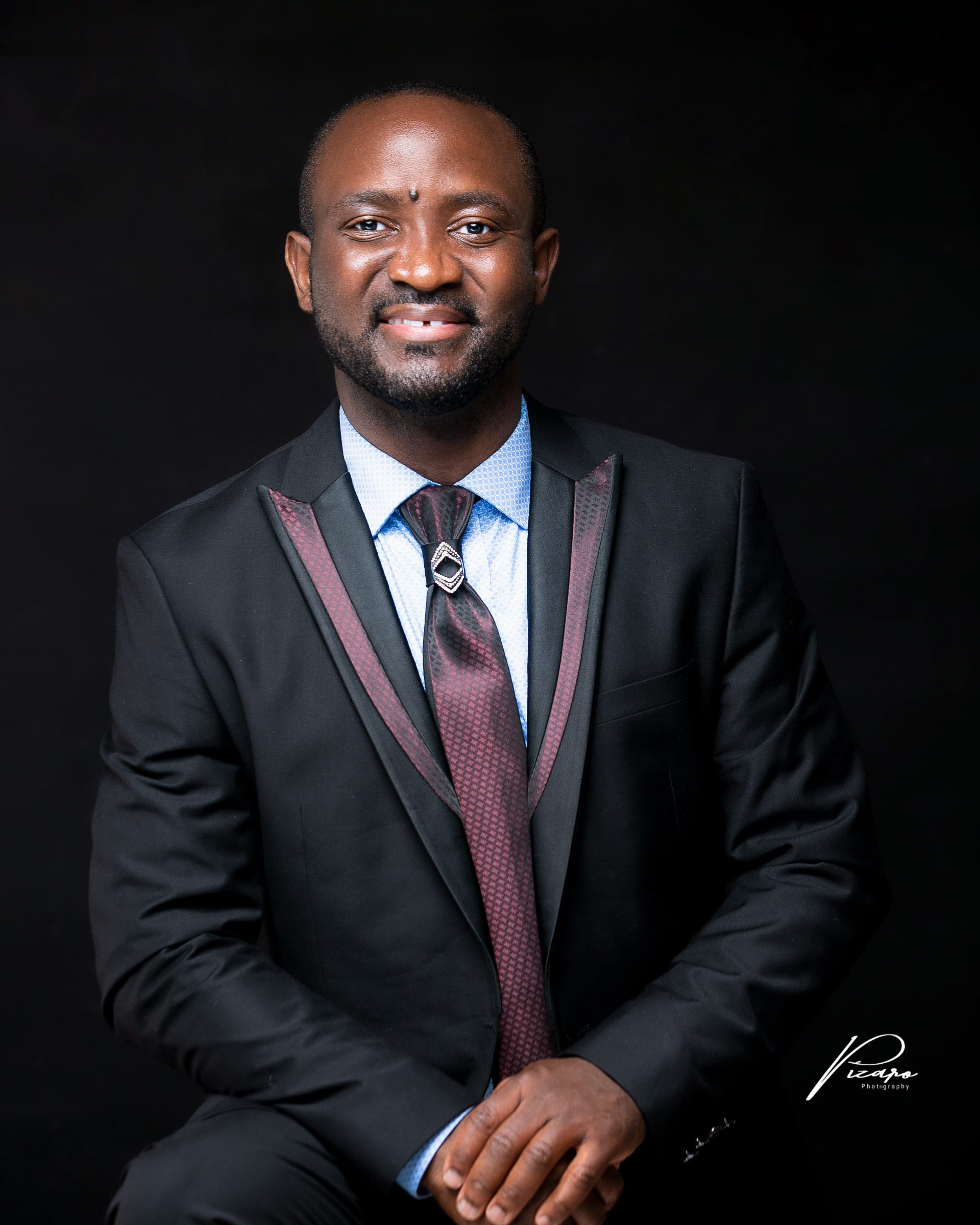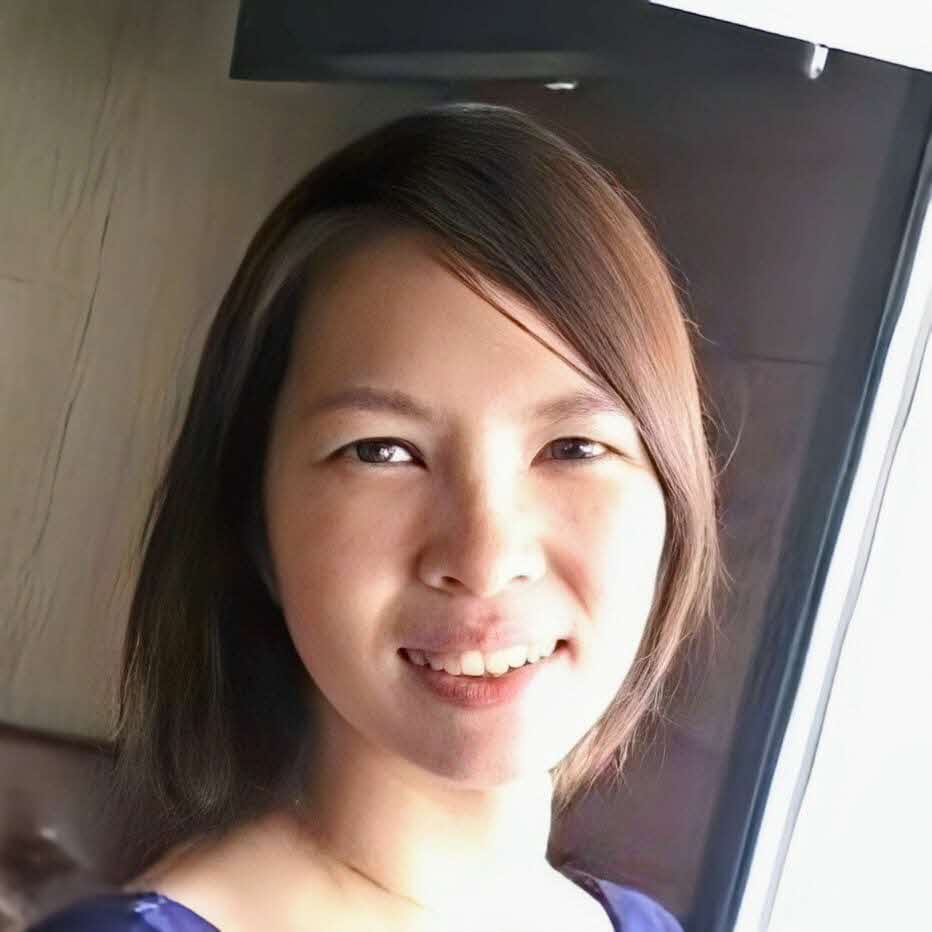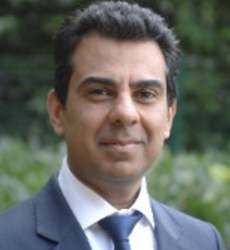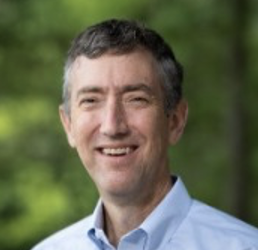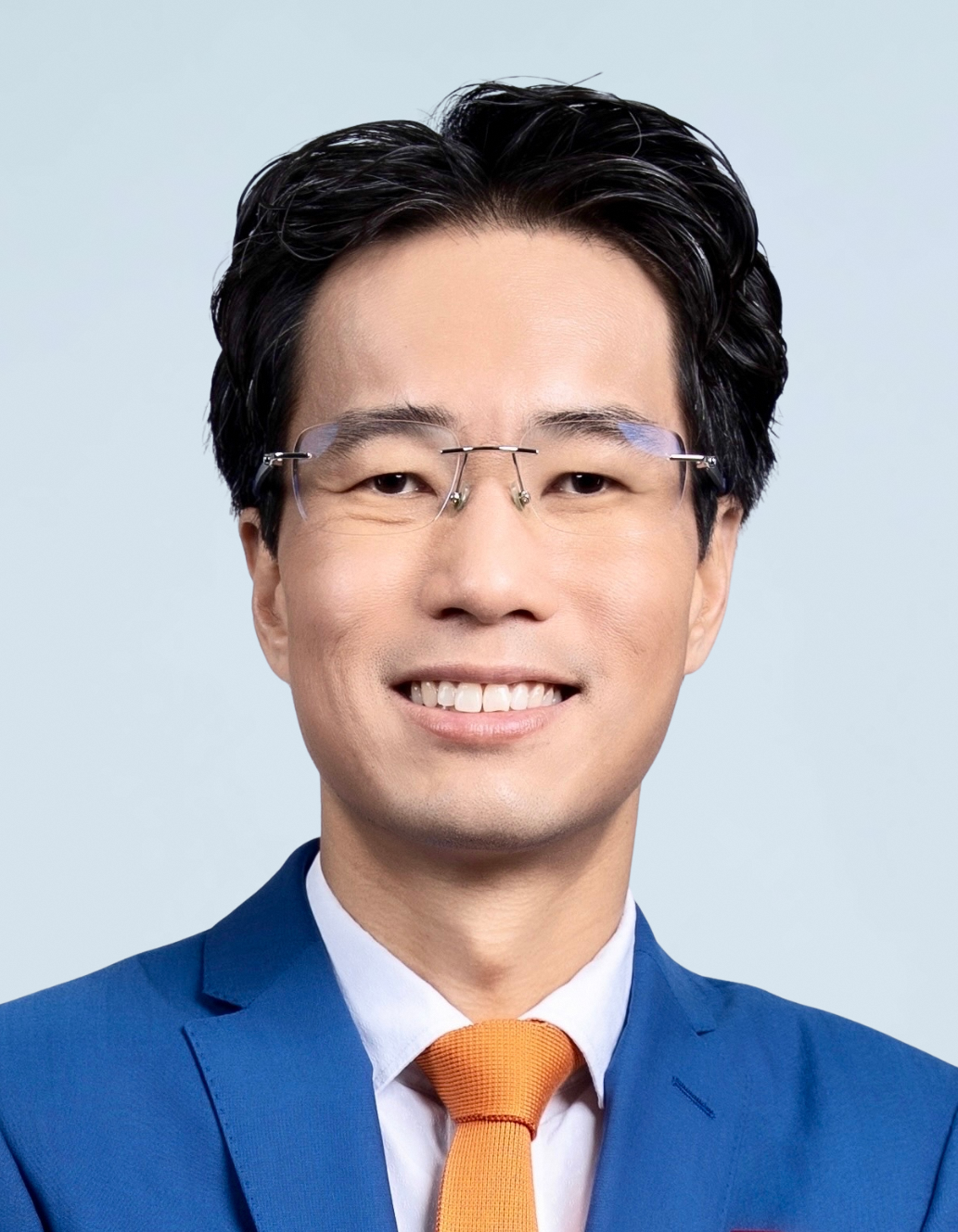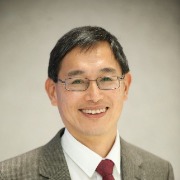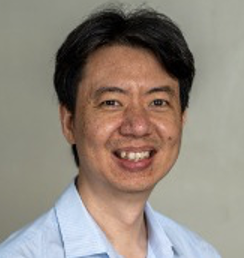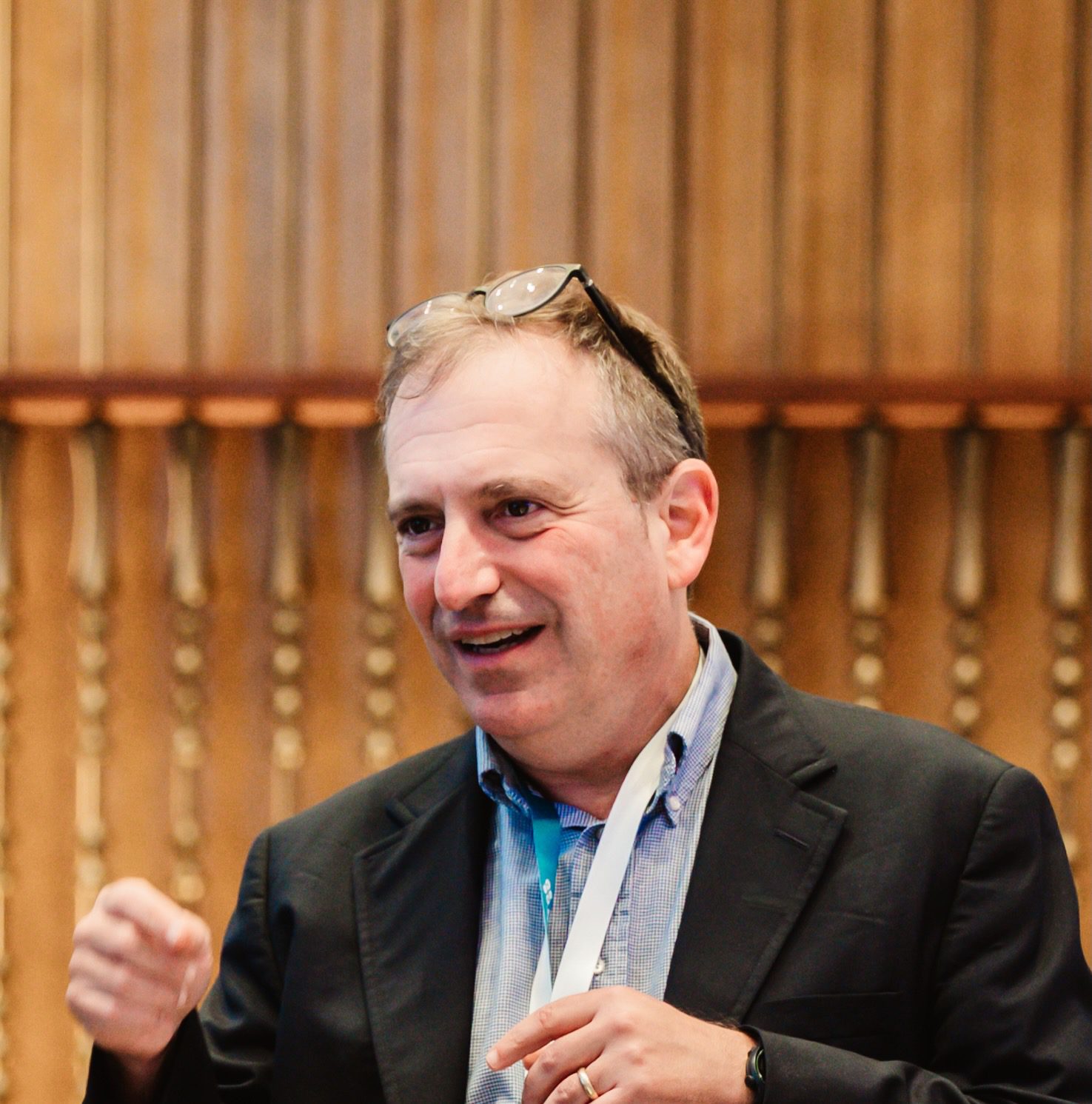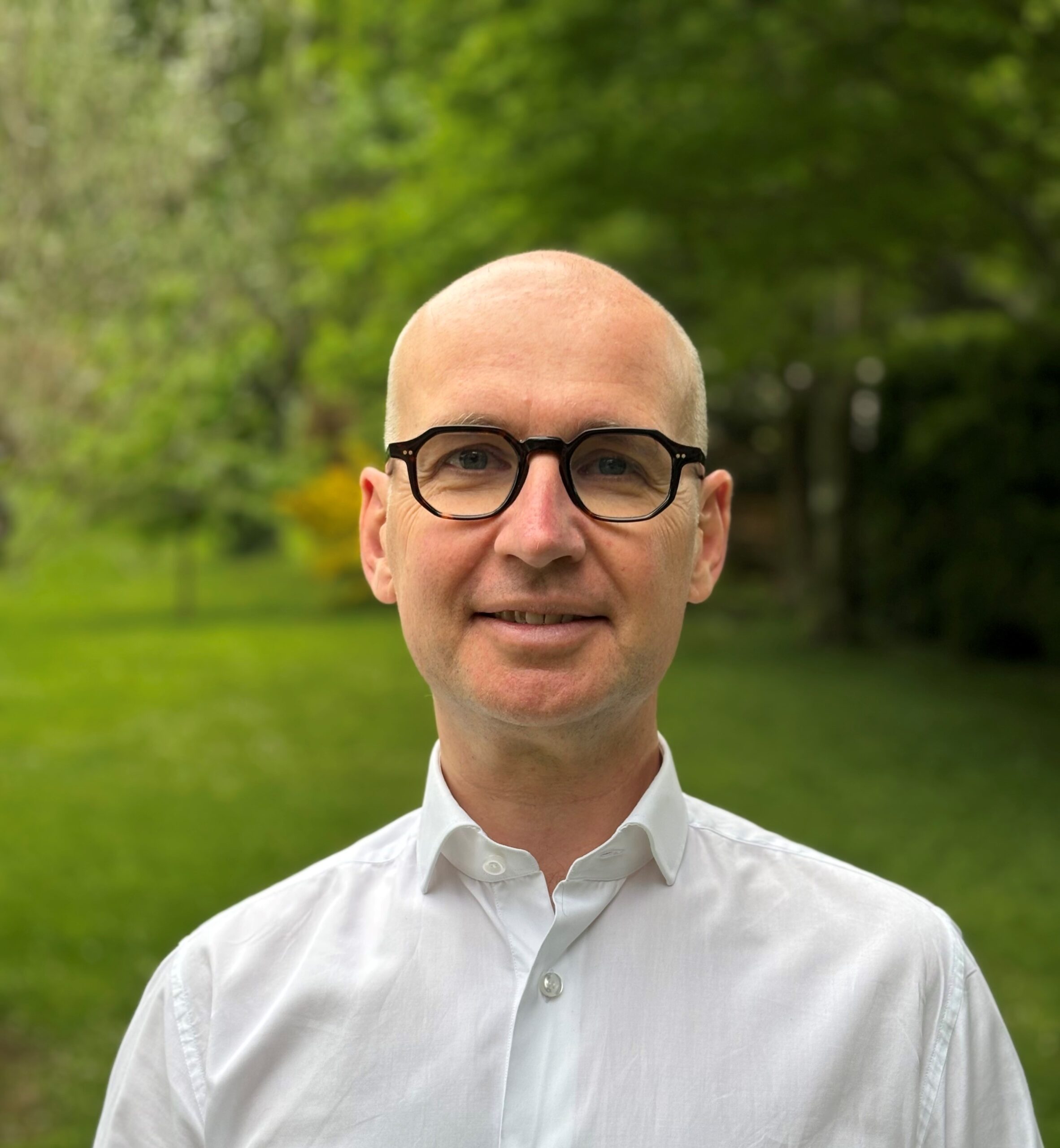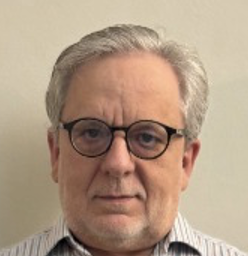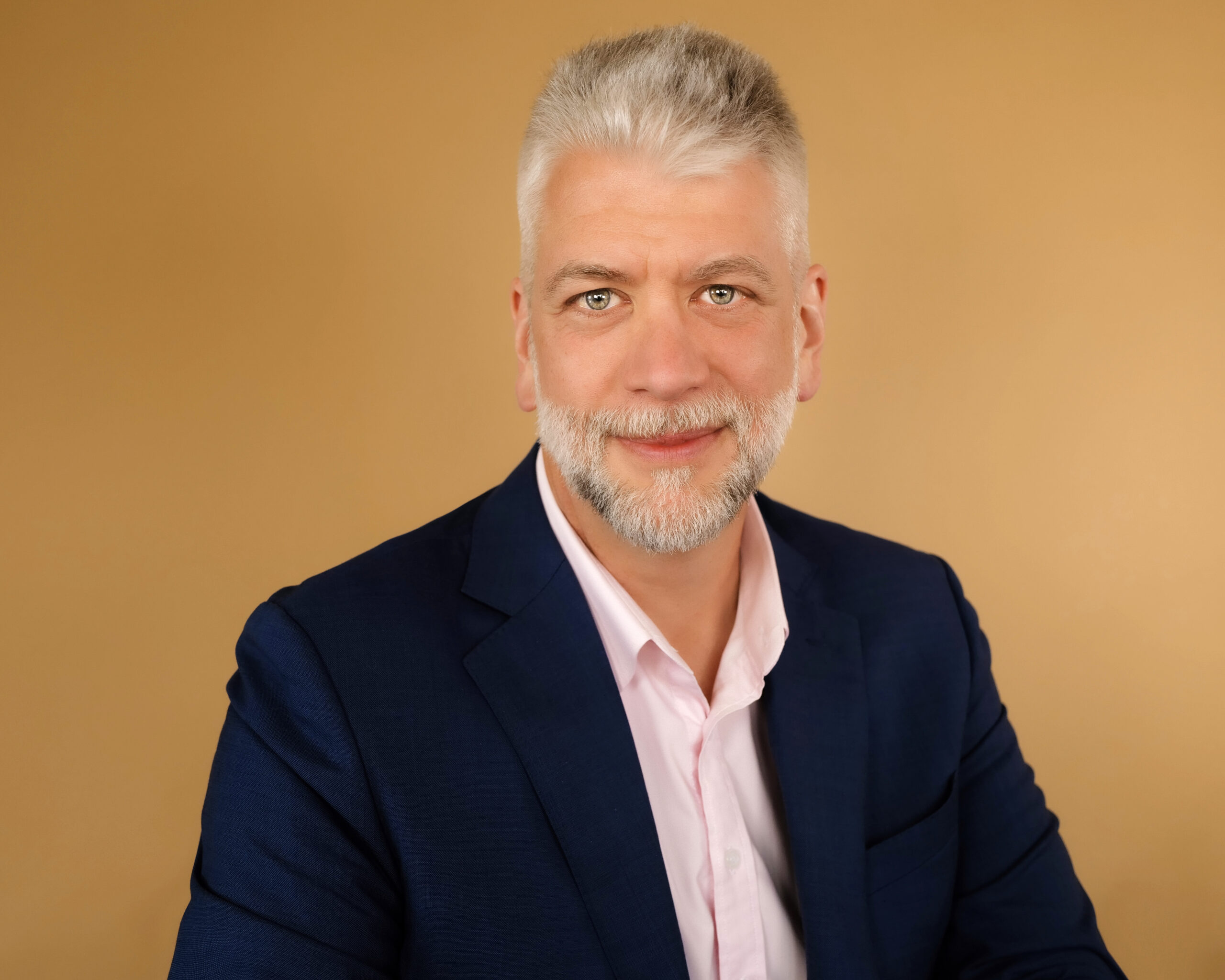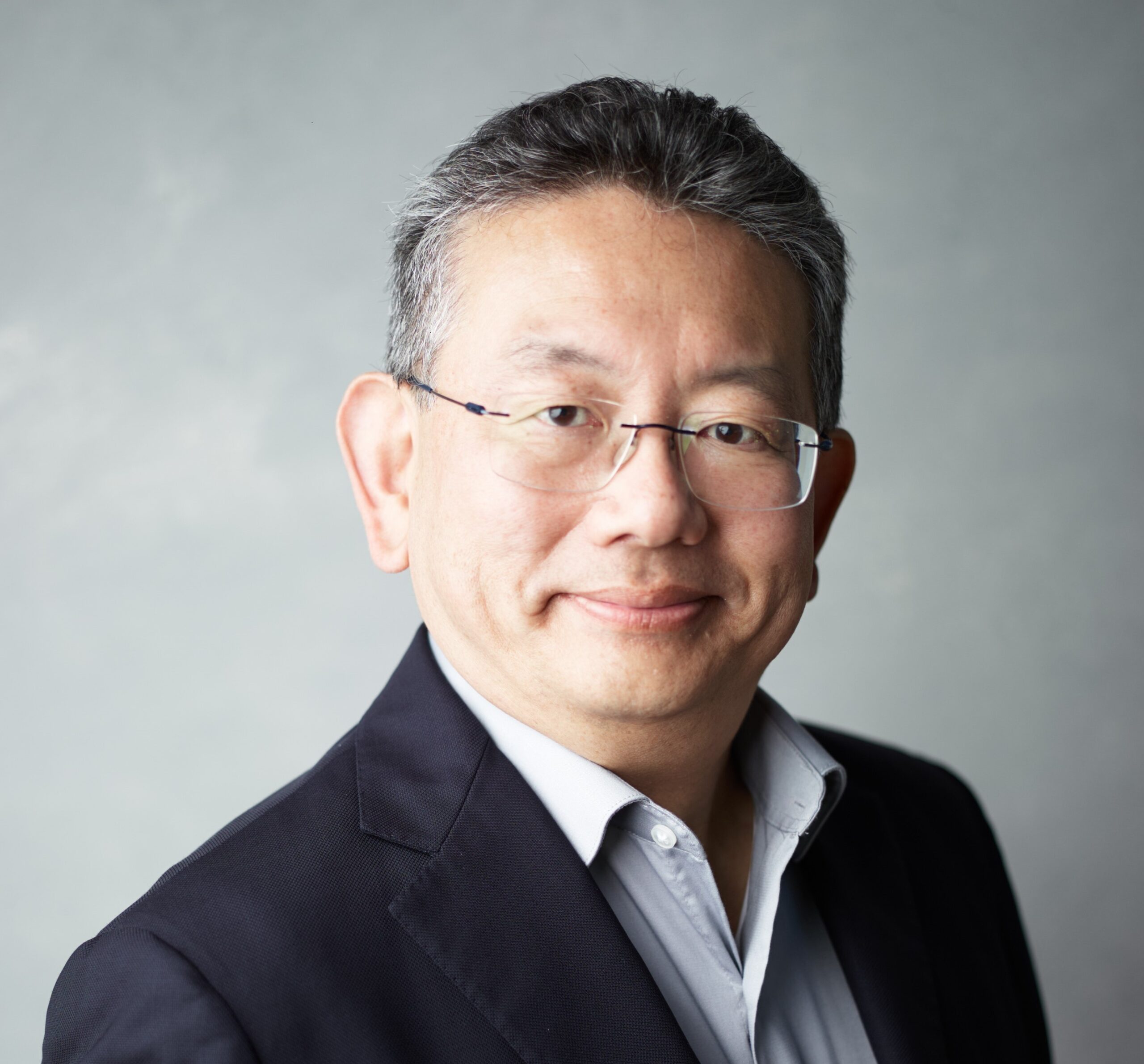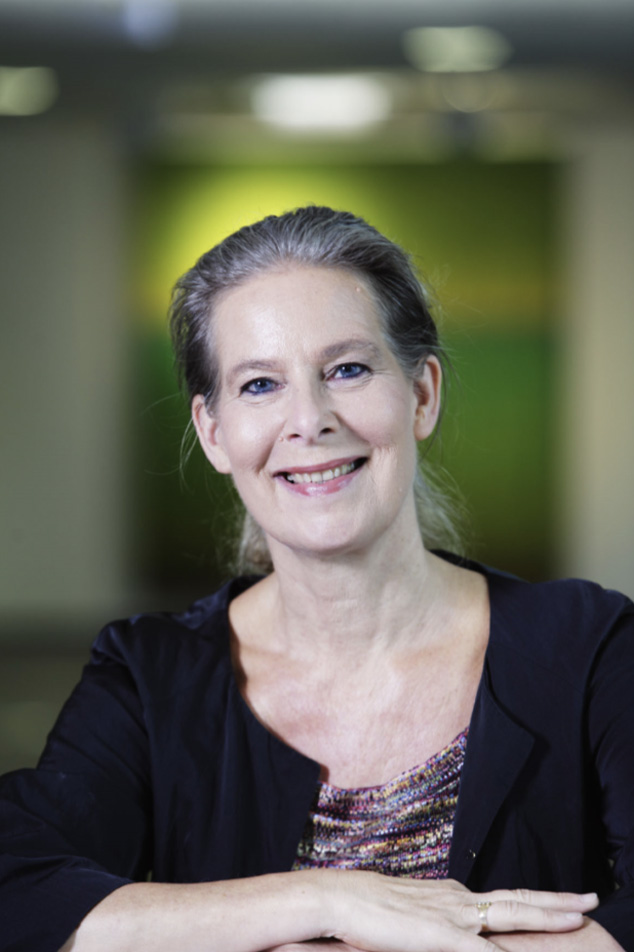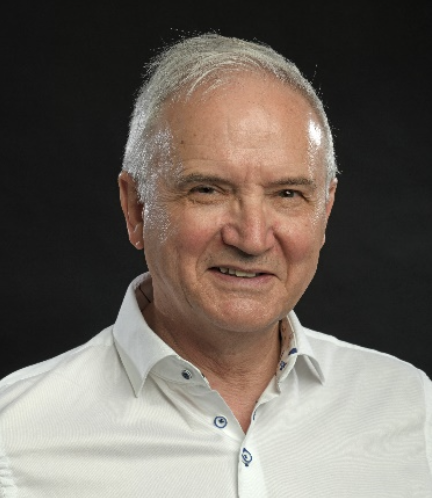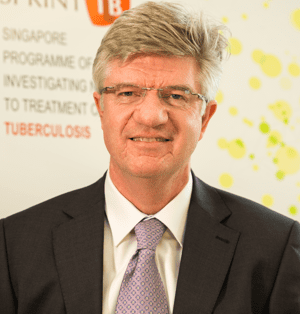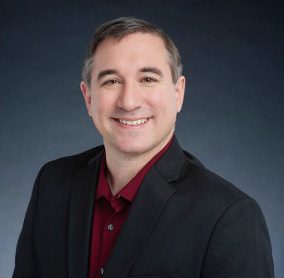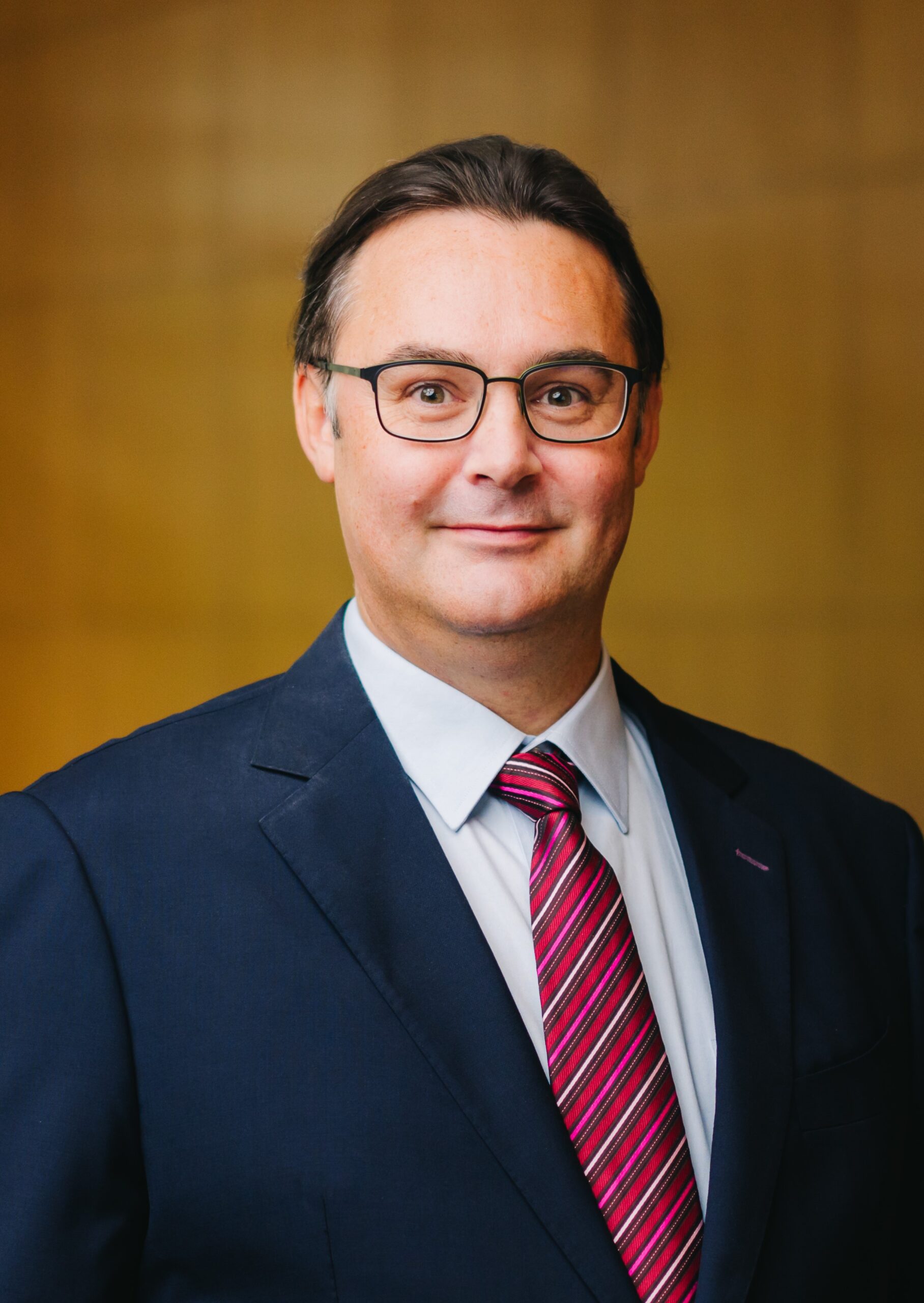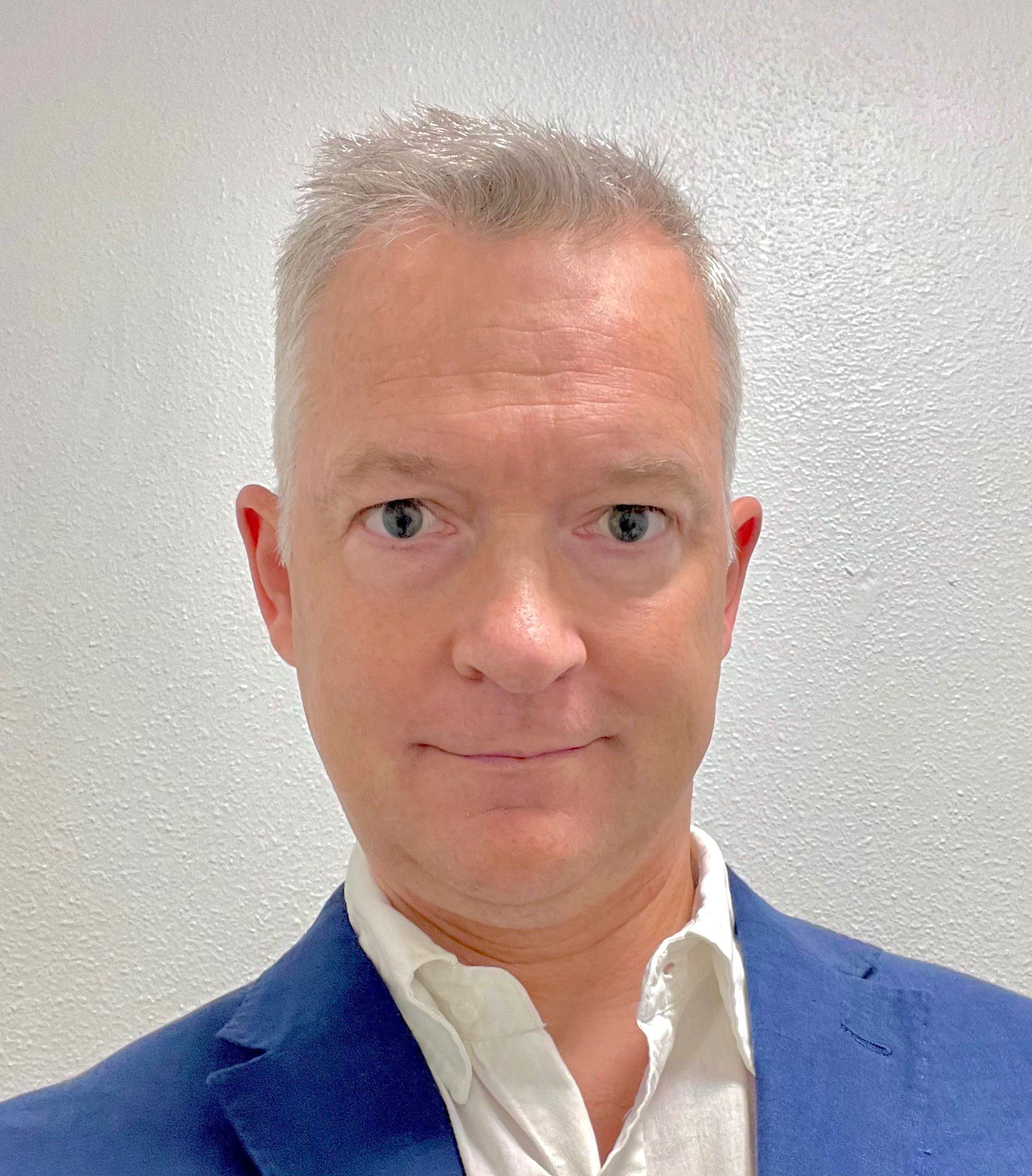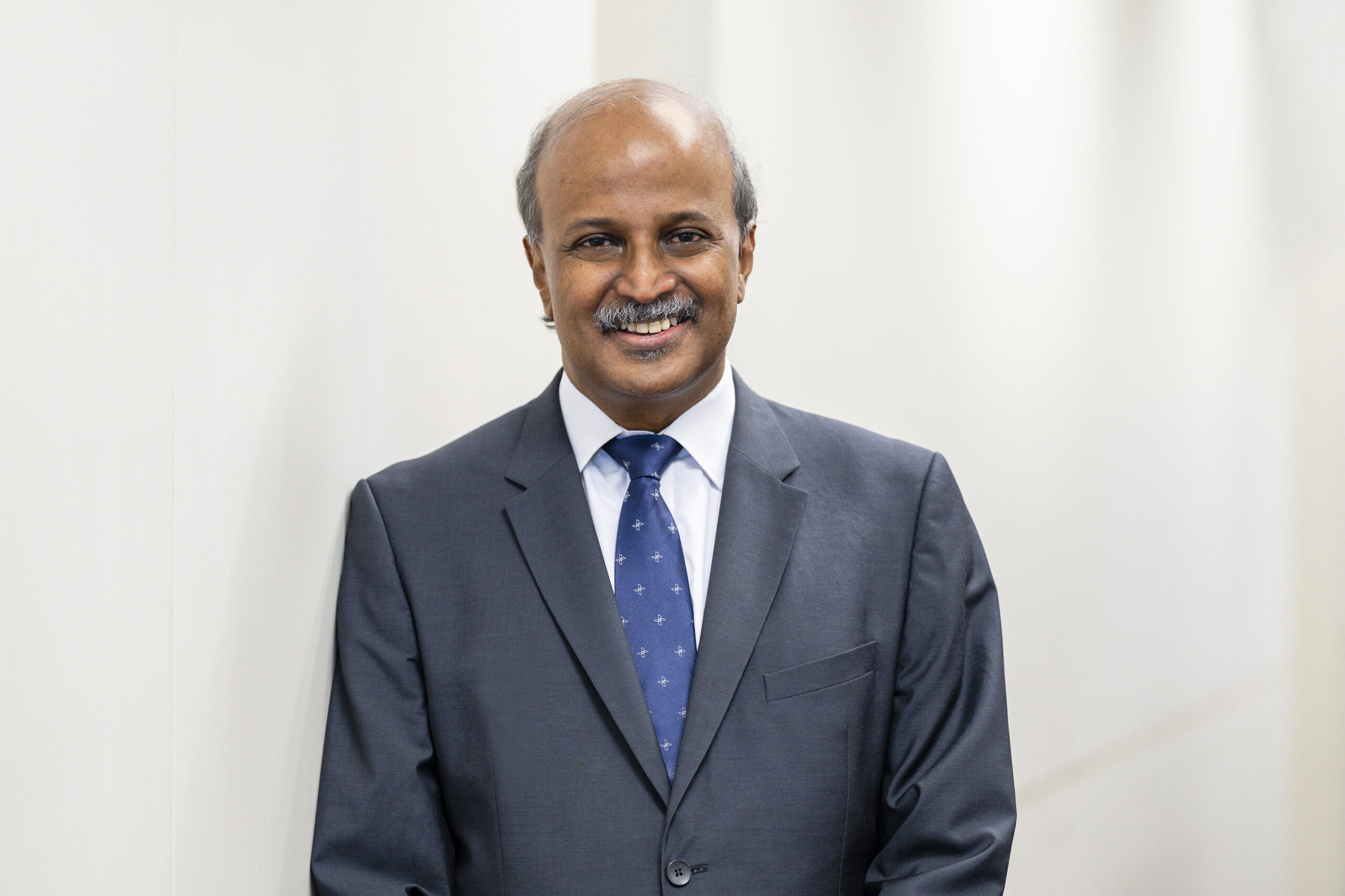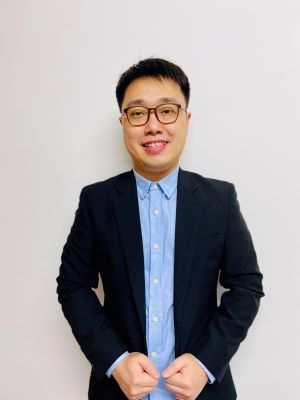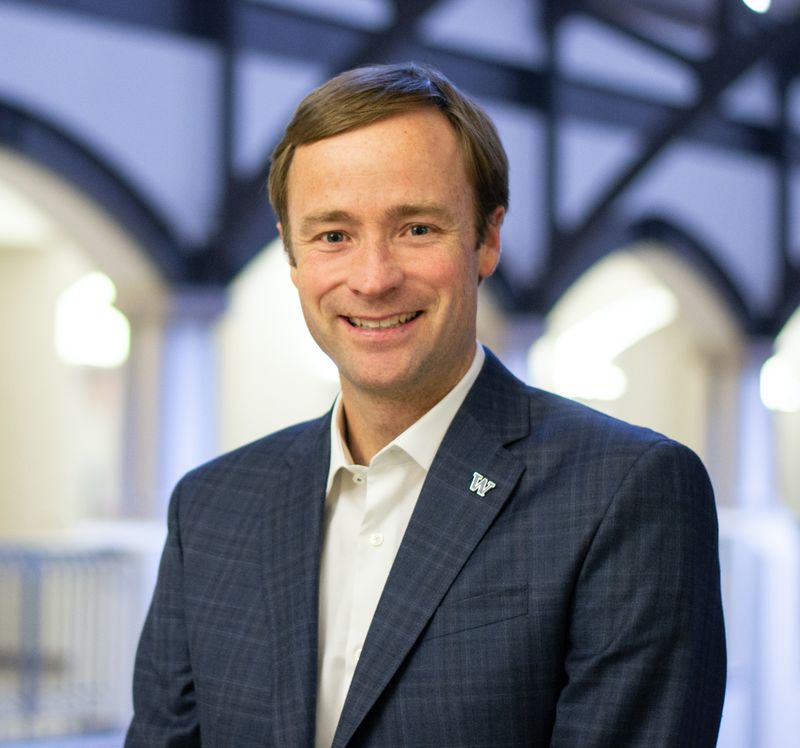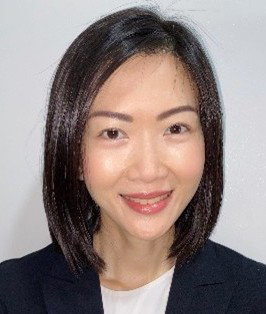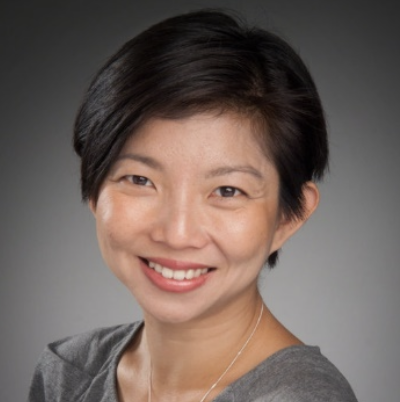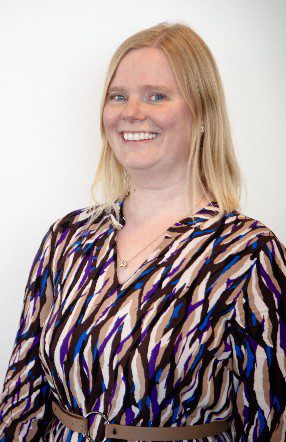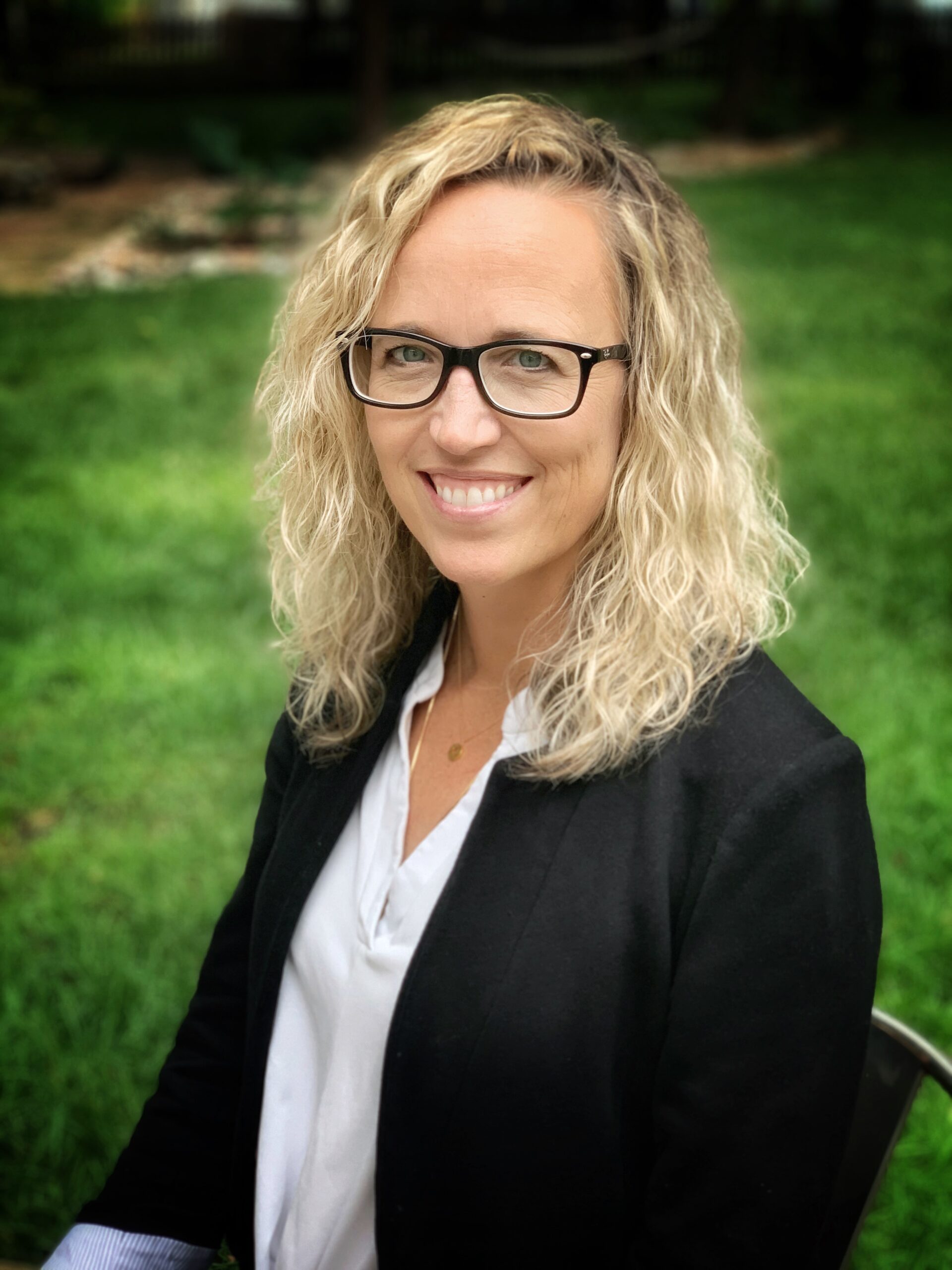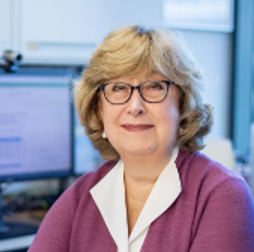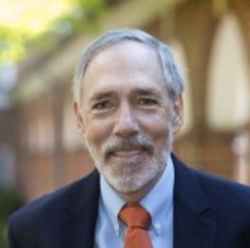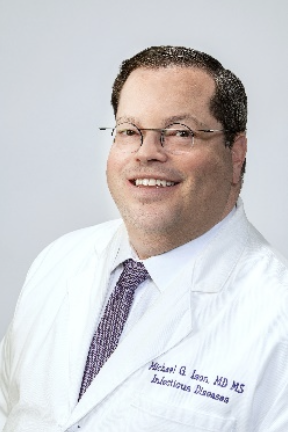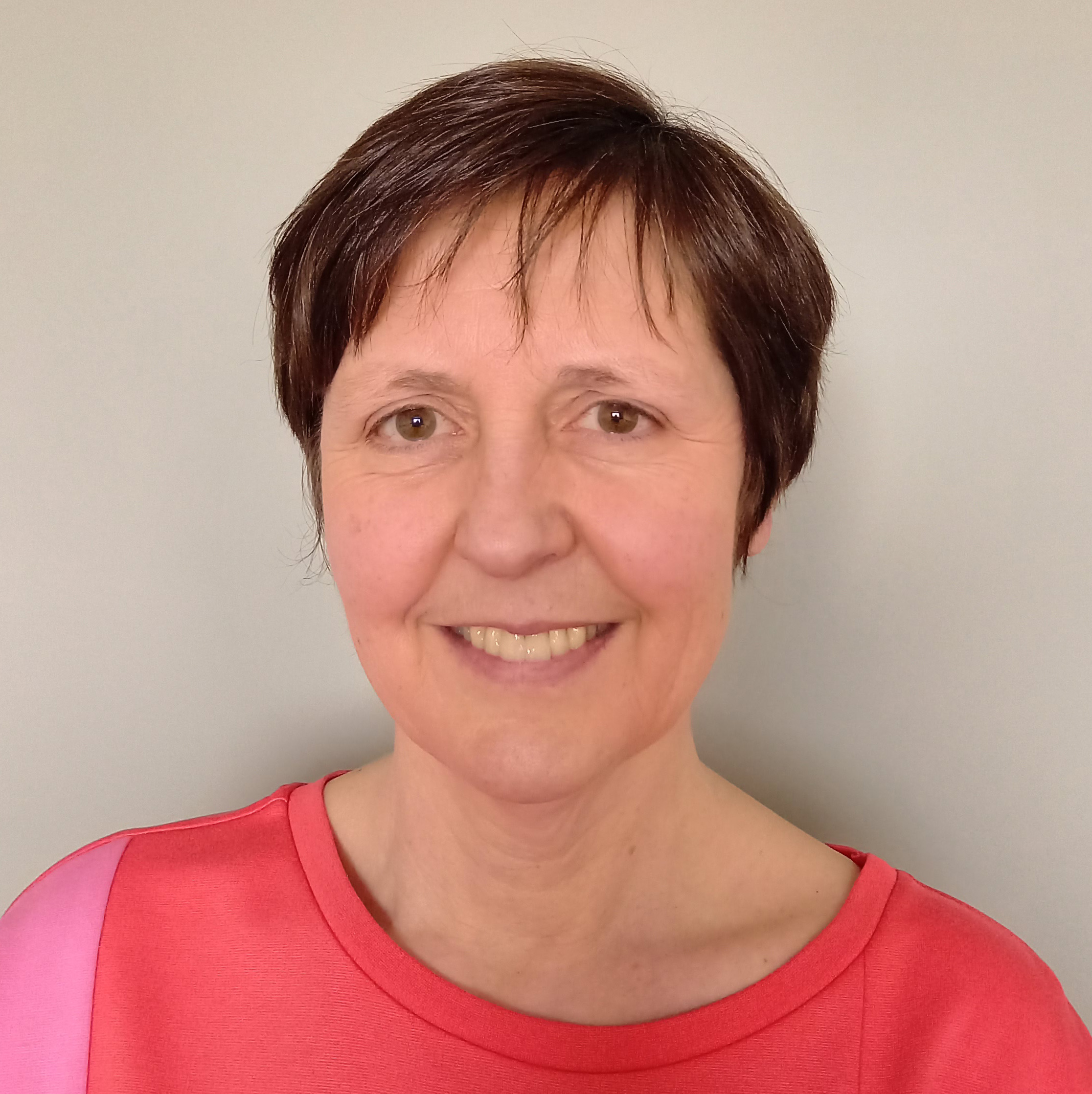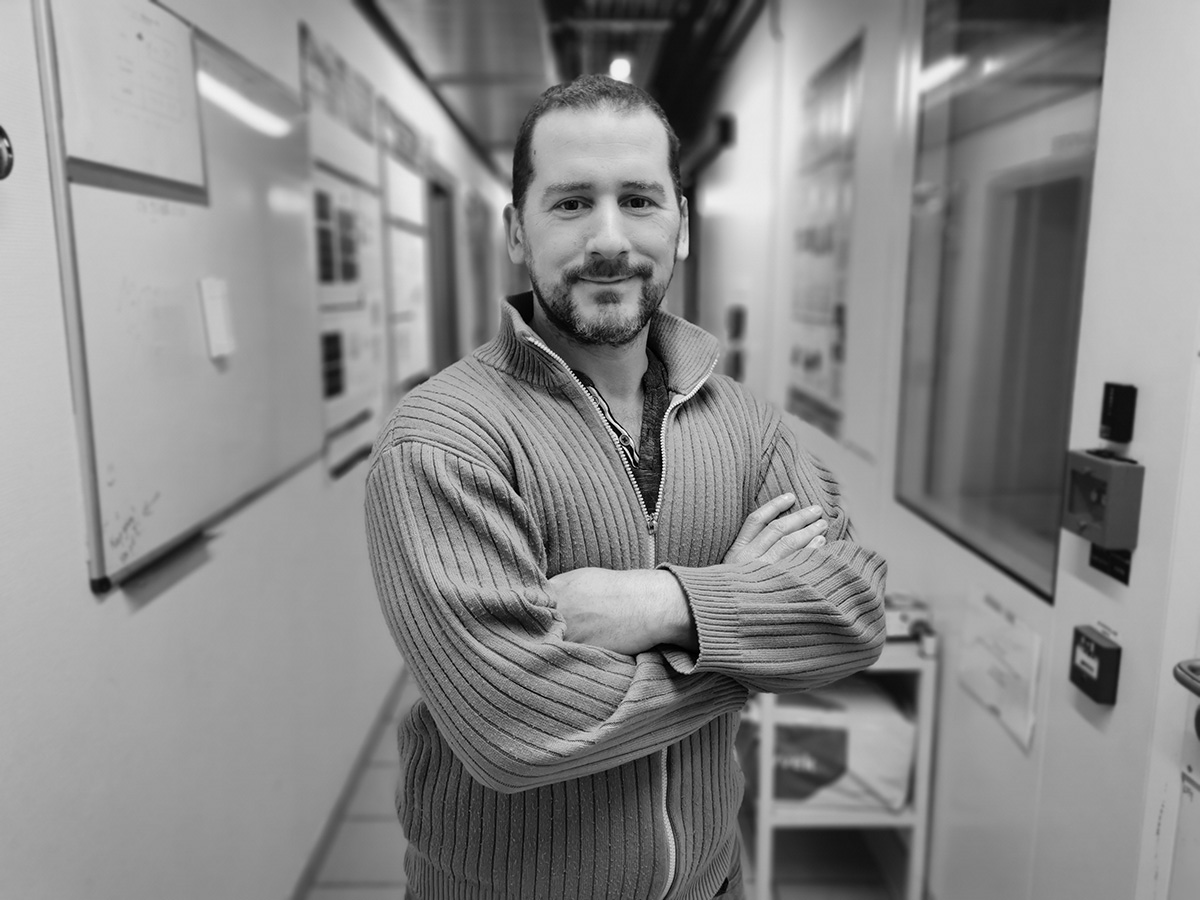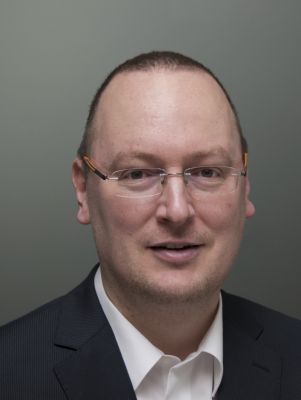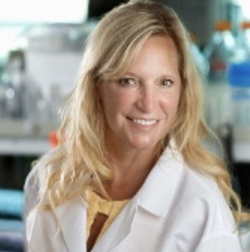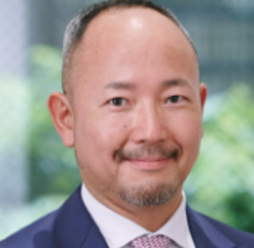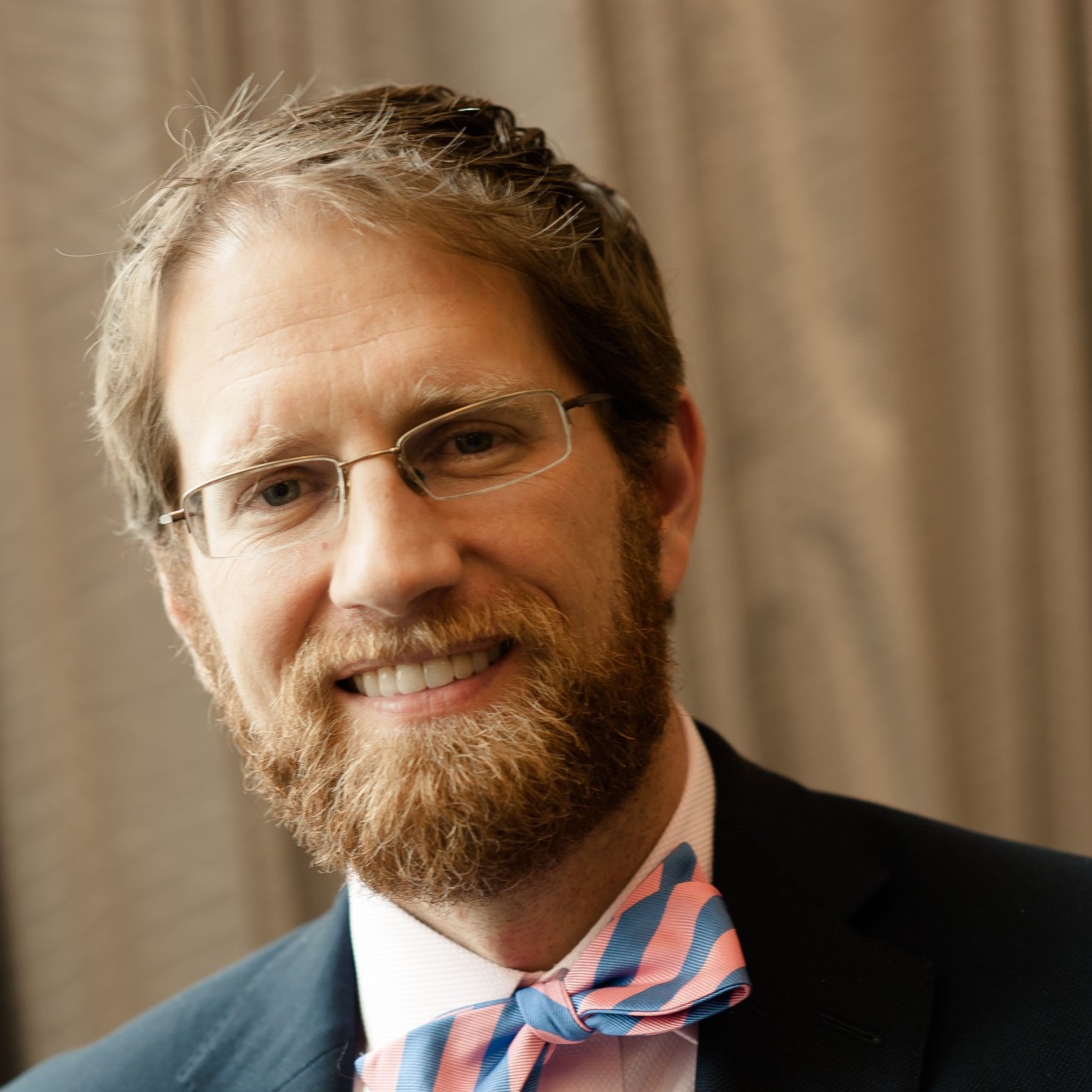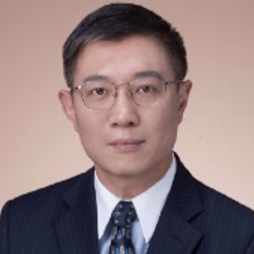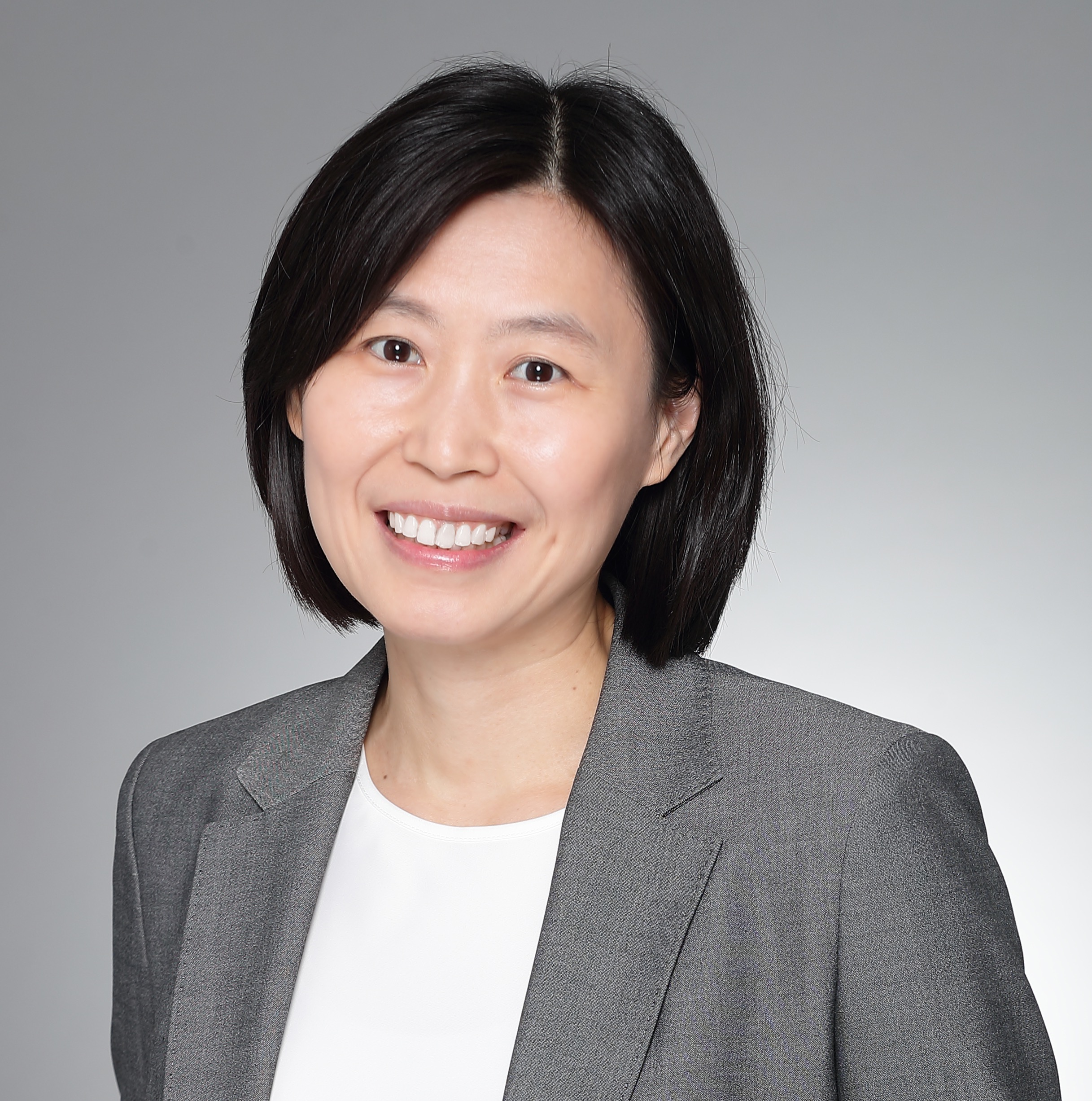Kimberly Armstrong
Kimberly Armstrong, Ph.D., MT (ASCP) is the Director of the Influenza and Emerging Infectious Diseases Division (IEIDD) at the Biomedical Advanced Research and Development Authority (BARDA) within the Administration for Strategic Preparedness and Response (ASPR) at the Department for Health and Human Services. IEIDD is focused on preparing for the next influenza pandemic by modernizing influenza vaccines, developing new therapeutics for the treatment of acute respiratory distress syndrome, protecting the most vulnerable populations with pre-exposure prophylaxis options, and sustaining influenza vaccine manufacture infrastructure. IEIDD’s response efforts are evident in the response to the COVID-19 pandemic where vaccines and therapeutics were developed, tested, and authorized in record time. In addition to influenza and COVID-19, the division has invested in vaccines to protect against Zika virus infection as well as enabling vaccine technologies to support delivery of vaccines without needles and syringes.
Prior to becoming the Division Director in 2023, Dr. Armstrong was the Chief of the Therapeutics Program within IEIDD. Her work within the program focused on testing antivirals for the treatment of hospitalized influenza infections and eventually pivoting the program to host-directed therapeutics for the treatment of acute respiratory distress syndrome. During the COVID-19 pandemic, Dr. Armstrong led the therapeutics team to achieve Emergency Use Authorizations for 10 therapeutics and procurement of millions of treatment courses of COVID-19 antivirals that were distributed across the country.
Before joining BARDA in 2015 as a project officer, Dr. Armstrong managed a regulatory science research portfolio for the Office of Counterterrorism and Emerging Threats at the Food and Drug Administration (FDA). Dr. Armstrong joined the federal government as a Presidential Management Fellow at the Defense Threat Reduction Agency (DTRA). She received her Ph.D. from the Harvard Graduate School of Arts and Sciences in Biological Sciences in Public Health where her work focused on drug resistance in the human immunodeficiency virus (HIV). Dr. Armstrong received her certification as a medical technologist from the American Society for Clinical Pathology.

